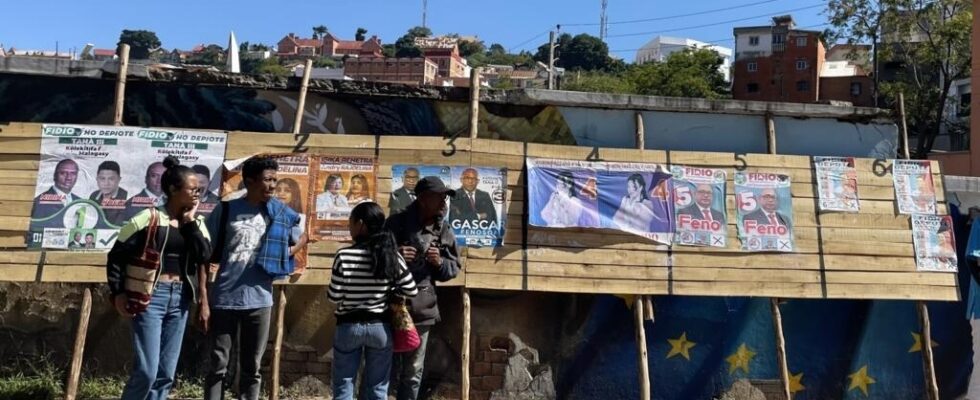In Madagascar, the final stretch before the legislative elections scheduled for May 29. The campaign closes this Monday. For 20 days, the country came alive as campaign cars passed by and candidates’ donations were distributed. A superficial effervescence which masks the population’s weak enthusiasm for the vote but also the tensions which punctuated the campaign.
1 min
With our correspondent in Antananarivo, Pauline the Troquier
What seems to best sum up this campaign are the races for promises and donations made by candidates of all stripes. The distributions of food, T-shirts and even money have overshadowed the fundamental debates.
The opposition, which had boycotted the presidential election in November, this time chose to go through with the campaign while denouncing the electoral framework marked, according to them, by a series of irregularities. They denounce the intimidation received by potential candidates who have since given up running, leaving the Irmar presidential coalition without opponents in three districts.
Another object of protest: the vast tour begun by the head of state Andry Rajoelina across the country, deemed illegal. During this, dozens of infrastructures – bridges, basic health centers or even university campuses – were offered to the populations despite the texts which impose the neutrality of the administration during electoral periods.
Read alsoMadagascar: Andry Rajoelina on presidential tour in the middle of the legislative campaign
Although divided on form, the kolektifan’ny malagasy and Firaisankina, the two opposition platforms made up of the 11 former presidential candidates, hope to win a majority in the National Assembly, the only remaining legal avenue to weigh in to the regime in place.
For its part, the orange coalition, the color of the presidential party, deployed major resources. To maintain a majority in the Tsimbazaza palace, 7 ministers gave up their posts to run in the legislative elections.
